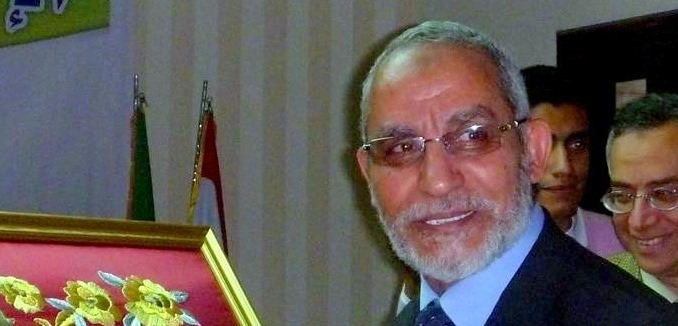Last week the Egyptian government extended an asset freeze against the leadership of the country’s Muslim Brotherhood, including against the assets of the group’s Supreme Guide Mohammed Badie and his two deputies Khairat al-Shater and Rashad Bayoumi. The moves came amid an arrest sweep that Washington Institute fellow Eric Trager described as part of Cairo’s campaign to continue “its decapitation of the Muslim Brotherhood.”
The Brotherhood, noted Trager, is particularly vulnerable to decapitation due to its “infamously hierarchical, nationwide chain-of-command,” and moves against the leadership “will further erode the Brotherhood’s ability to mobilize coherently against the military’s July 3 ouster of former President Mohamed Morsi.”
And then this week things got worse:
An Egyptian court on Monday banned the Muslim Brotherhood from carrying out any activities in the country and ordered the seizure of the group’s funds, widening a campaign to debilitate the Islamist movement of deposed President Mohamed Mursi. “The court bans the activities of the Muslim Brotherhood organization and its non-governmental organization and all the activities that it participates in and any organization derived from it,” said the presiding judge Mohammed al-Sayed.
The ban, again, may be particularly effective against a group like the Brotherhood, which is ideologically and structurally designed to Islamize Egypt via a hierarchical vanguard.
Critics of Sisi’s moves have sought to emphasize not just the need for democratic plurality – a somewhat strained emphasis in the context of the Brotherhood’s role in Egypt – but also that the Brotherhood’s cell structure will allow it to splinter and go underground. American Enterprise Institute resident scholar Michael Rubin yesterday defended the ban against the latter argument, arguing for a regional policy “to roll back the Muslim Brotherhood and see its defeat not only in Egypt, but also in Gaza, Sudan, Tunisia, Yemen and Turkey.”
[Photo: Mohamedhph / Wiki Commons]




